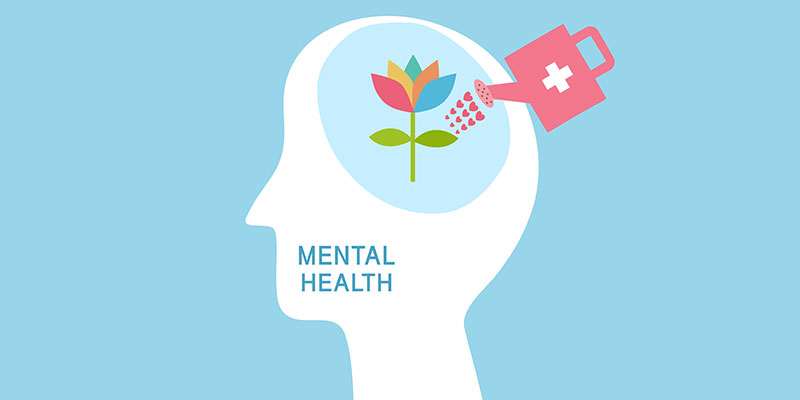
How is My Partner’s Addiction Affecting Me?
Addiction as a disease never discriminates against anyone. The only purpose it has is to degenerate and disintegrate where it has established its roots. ..
In India, it is quite common for us to take care of our parents while they get old, or to help our loved ones get through a distressing disease with our support. These acts are called caregiving and a person performing them is known as Caregiver. A caregiver may take charge of necessary treatment decisions, management of medications, transportation, assistance during meal times and much more.
While caregiving in itself is rewarding, it may become exhausting as well. With little to no hope, family members may start developing a deteriorating approach, feeling that their patients are not getting well despite their best efforts.
Often, while a loved one is undergoing treatment for a severe physical or psychological ailment, the caregiver may put their life on hold, avoiding friends and family, socially isolating themselves and focusing solely on taking care of the patient.
Caregiver responsibilities may go on for a little while, but not taking care of oneself can generate severe stress levels which can lead to a state of Burnout; where one might feel drained out and completely mentally, physically and emotionally exhausted.

Burning out can be extremely tiring for you and it may impact your relationship with your loved one as well as your capacity to take care of them. Many a time, you may feel like going on despite your tiredness and even though you may push yourself, there can come a time when a fall can lead to severe consequences.
Therefore, you need to realize that taking time in between your caregiving duties is not only a must for your well-being but will also boost your strength to take care of your patient as well as bring a fresh perspective around the house.
Caregiving is a job in itself. It is understandable that your partner/loved one/patient needs your support. But it is also crucial for you to prioritize your well-being as well. Sometimes it is okay to feel hopeless and helpless and sometimes your emotions can run high and that is acceptable too. Nonetheless seeking help from a professional and talking about your feelings openly can provide not only a sense of relief but can also lower down emotional turmoils and pains.
For the best treatments and counseling, one must contact the best psychiatrists as this is a matter of your mental health. They will guide you with the support you need. If you or your loved one is struggling with any kind of emotional pain with any patient or He/She is a caregiver suffering from any kind of trauma, he/she needs to consult a professional for help. Today, we should not to neglect our mental health at any cost. Just check in your nearby rehab center or mental health specialist at the earliest.

Addiction as a disease never discriminates against anyone. The only purpose it has is to degenerate and disintegrate where it has established its roots. ..

In recent times I have seen many of my clients resorting to self-harm …

Many a time, a family brings their patient to me, explaining how their patient despite the best of their efforts is not able to quit….

Stress is a functional part of life. Without stress, we might not be able to perform actively…

WhatsApp us